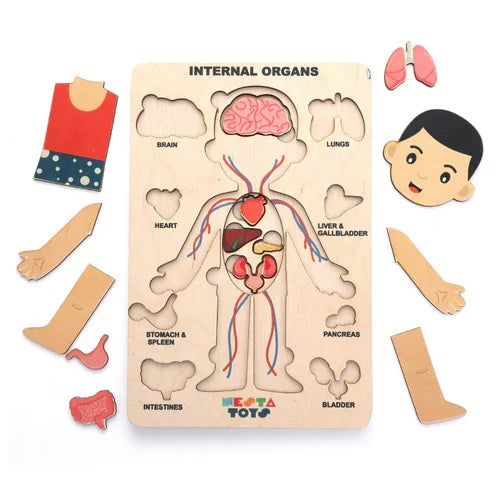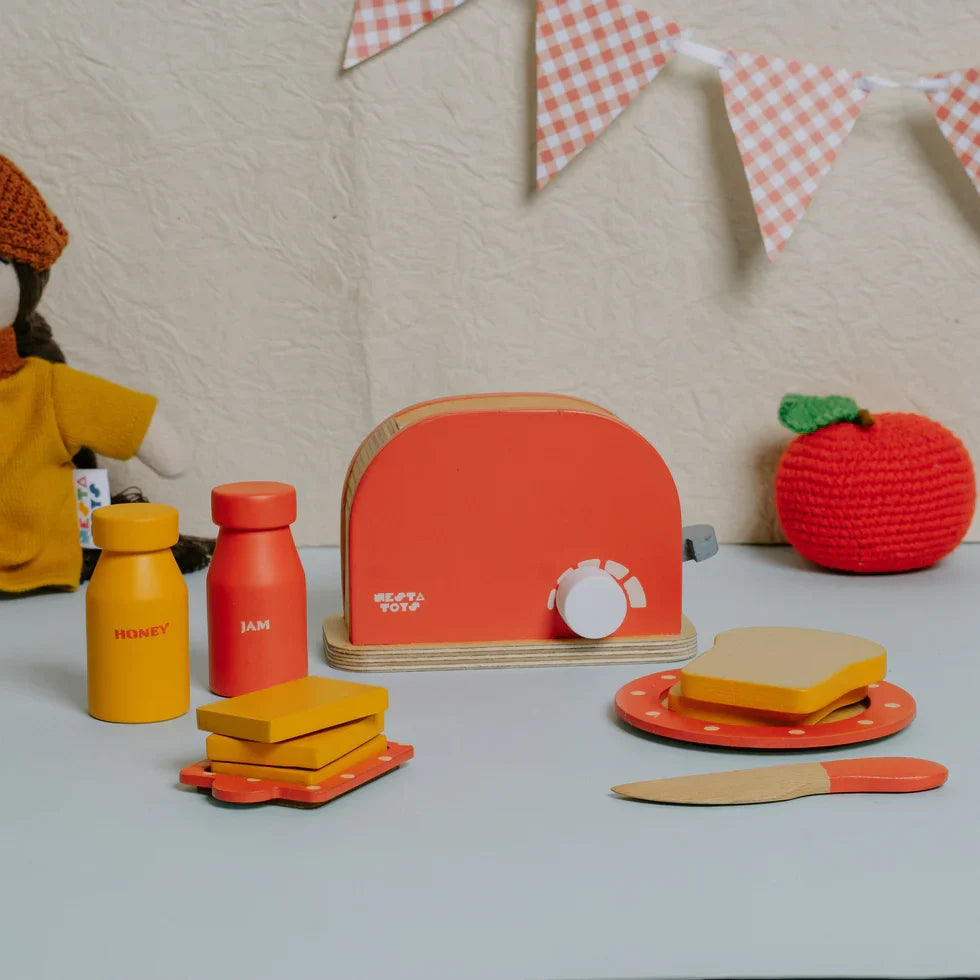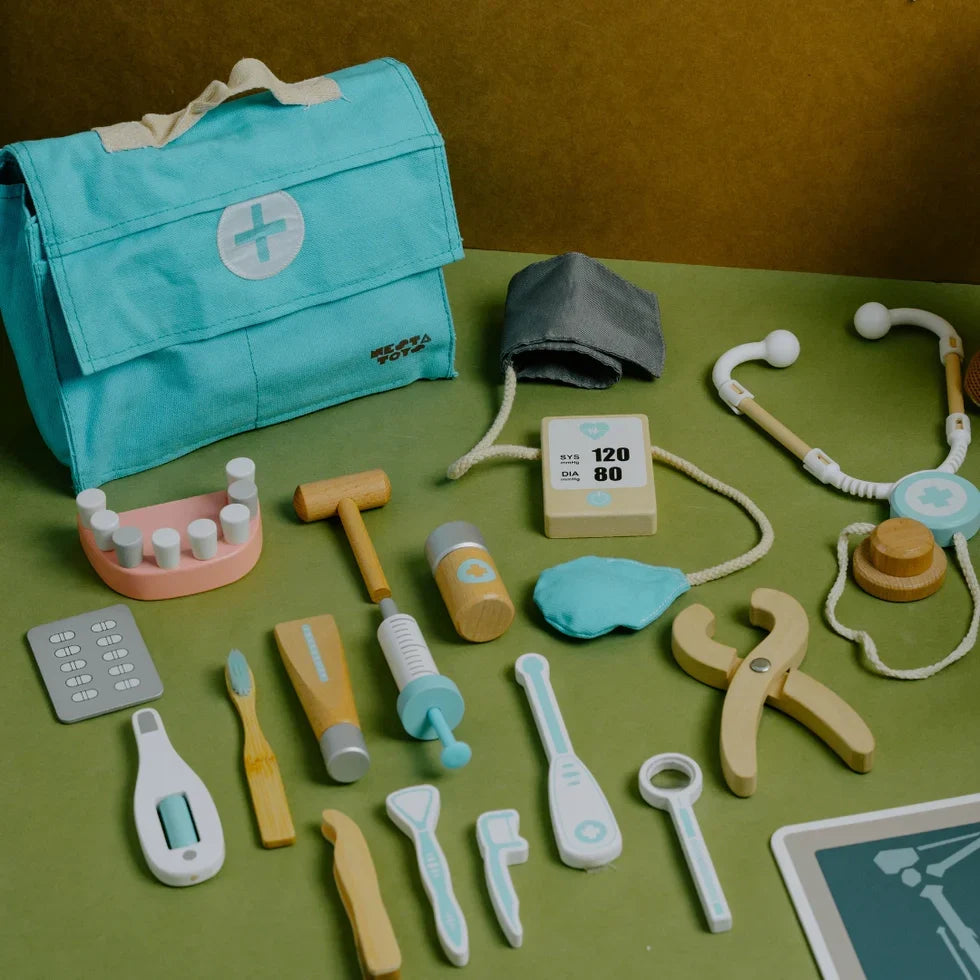Puzzles have been around for centuries and have become a favorite pastime for many people, both young and old. Puzzles are especially loved by children because they engage their minds and foster the development of essential skills like problem-solving, critical thinking, and creativity. In this blog post, we will explore why kids should play with puzzles and the benefits that come with it.
- Enhances Problem-Solving Skills
One of the biggest benefits of playing with puzzles is that it enhances a child's problem-solving skills. Puzzles require children to use their critical thinking skills to figure out how the pieces fit together. Children must consider the shape, size, and color of each piece to figure out where it belongs. Completing a puzzle gives them a sense of achievement, boosting their confidence in their problem-solving skills.
- Improves Hand-Eye Coordination
Playing with puzzles also helps improve a child's hand-eye coordination. They have to manipulate the puzzle pieces and move them around to find the correct spot. Solving puzzles involves significant hand-eye coordination, helping children enhance their fine motor skills. As they work with puzzles, they improve their ability to control hand movements, a crucial skill for everyday tasks like writing and playing sports.
- Boosts Memory Retention
Puzzles are a great way to improve a child's memory retention. As children work on a puzzle, they have to remember where each piece goes and how it fits together. Puzzles require children to use their short-term memory to remember the shape, color, and position of each piece. As they continue to play, this process helps strengthen their memory retention and recall skills.
- Encourages Persistence and Patience
Playing with puzzles requires persistence and patience. Children have to keep trying until they find the correct piece and figure out how it fits together. This teaches them to persist with a task, even when it becomes difficult. They also learn the importance of being patient and taking their time to find the right piece. These skills are essential for success in life and can help children become more resilient in the face of challenges.
- Fosters Creativity and Imagination
Puzzles can also foster creativity and imagination in children. As they work on a puzzle, they may start to see patterns and shapes that they had not noticed before. This can foster their creativity and imagination, as they start to view things from a different perspective. As they work on a puzzle, they may begin to think outside the box and experiment with new approaches, which can enhance their creativity and problem-solving abilities.
- Promotes Social Interaction
Puzzles can also be a great way to promote social interaction. When children work on puzzles together, they learn how to collaborate, share ideas, and communicate effectively as a team. They can also share ideas and strategies with each other, which can help them develop their problem-solving and critical thinking skills. By working together, children also build their social skills and learn how to interact with others in a positive, cooperative manner.
- Provides a Sense of Accomplishment
Completing a puzzle provides a great sense of accomplishment for children. When they finish a puzzle, they feel proud of themselves and their hard work. This boosts their self-esteem and confidence, which can positively affect other areas of their lives. It also teaches them how to set goals and work towards achieving them.
In conclusion, playing with puzzles is a great way for children to develop important skills such as problem-solving, critical thinking, and creativity. It also helps improve their hand-eye coordination, memory retention, and social skills. By playing with puzzles, children can develop a sense of persistence and patience, as well as a sense of accomplishment and confidence. Therefore, parents and caregivers should encourage children









